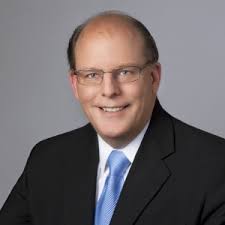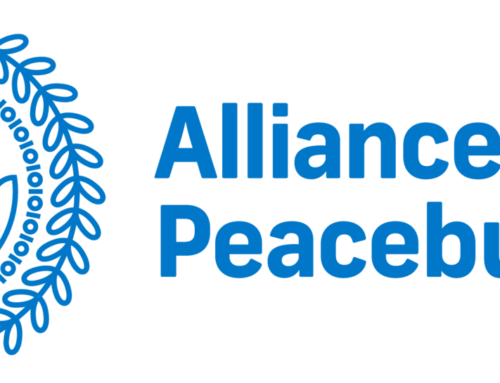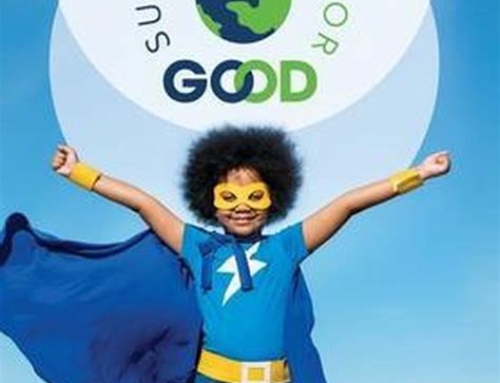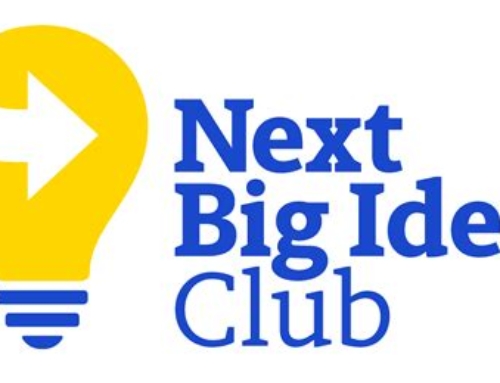
As a comparative political scientist and peacebuilder, I have to be interested in trust, and I have to be worried about the declining trust both in the country I live in and in the ones I study. Restoring and rebuilding trust seems to be a requirement for making significant progress in solving any of the vexing issues in our social, political, and economic lives today. And the news on that front isn’t terribly encouraging these days….r
Luckily, a book and an article crossed my desk this week that address how trust can be restored, albeit in very different ways.
First is Rachel Botsman’s delightful book, Who Can We Trust. She starts from a premise most of my colleagues share. Trust

in our institutions is declining.
She goes on to unpack what trust in general means more than most of the people I work with in at least two ways. To begin with, she talks about “trust leaps” or the fact thattrust almost always involves taking a metaphorical leap into the unknown which is one of the main reasons why Palestinians have a hard time trusting Israelis (and vice versa) or why President Reagan is famous for the line, “trust, but verify.”
Then, she talks about “trust stacks” in which we start by trusting an idea, then the platform it is built on, and finally in other people you might (or might not) trust.
But what grabbed me the about her book is that it meshes with an idea that undergirds almost everything I do as a peacebuilder or as a political scientist. We live in a world that is increasingly defined by our interdependence and the intertwined networks we are a part of.
For the last few hundred years, Botsman argues, we could rely on what she calls institutional trust in countries, companies, experts, and other authorities, which is in short supply these days.
The key to her argument is what she calls distributed trust which relies less on authorities, institutions, or hierarchies. Instead, we can verify the actions of others and build trust in them as most of us did in the last few weeks when we gave online merchants our credit card information in order to buy holiday gifts.
We are just beginning to learn how distributed trust can be created and maximized. Like Botsman, I’m drawn to the logic of the blockchain—if not necessarily to its most famous product, Bitcoin. Blockchains do not work on the assumption that I can trust you because you give me your word. Rather, I trust you because I can verify your actions as literally one block in a chain.
More generally, blockchains and the like can help us create trusting relationship with people we don’t even know.
That leads to the second thing that came across my desk this week, a remarkable op-ed by Peter Wehner on faith that appeared in the New York Times on Christmas day, entitled How Can I Possibly Believe that Faith is Better Than Doubt that also reminds us that we probably don’t want to throw out old fashioned versions of trust as we move into the digital age that Botsman and I both love.
Wehner is an Evangelical Christian who served in the George W. Bush administration and now works at the Ethics and Public Policy Center. We met at a conference on the state of American Democracy a few weeks ago. We connected across some pretty significant ideological and cultural differences which got me thinking about the link between faith and trust.
In this article, he states that “every meaningful relationship—parent-child, spouse to spouse, friend to friend—involves some degree of trust.” In his world, one important root for trust lies in faith. As I read his words, I was reminded of something my stepdaughter had said at our Christmas dinner—that we need to care about people who are less fortunate than we are. He didn’t win me over to Christianity, but he did convince me that faith matters to the degree that it leads us to think about and improve the quality of our relationships both with the people we know and with the rest of the world.
For Wehner, that comes from his Christian faith. For Botsman, that comes from realizing we live in a “distributed” world where everything I do affects everything you do and vice versa.
Botsman got me to rethink trust in relational terms because of globalization, technology, and all of the other things I study professionally. Wehner does it by asking us to dig a little deeper and think about how our relationships fit into something that is much bigger than ourselves.
Neither has the entire answer, but they are both worth reading as we enter a new year in which both trust and faith are going to be near the top of our agendas.
Also published on Medium.





